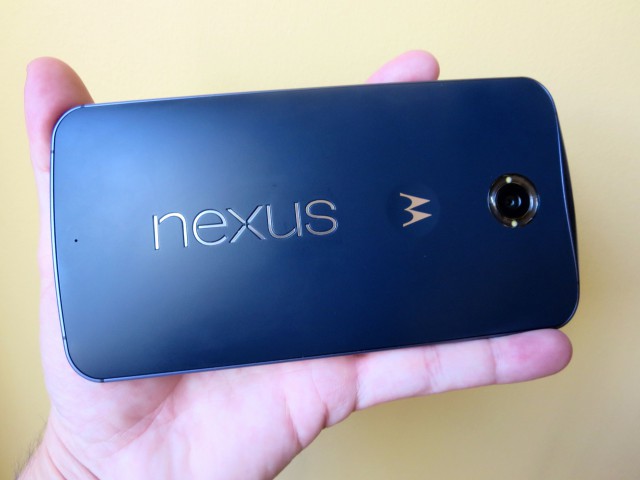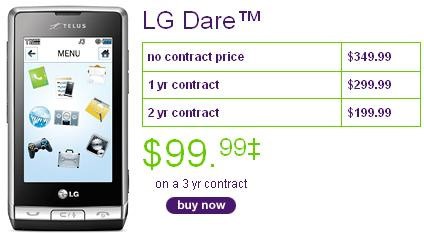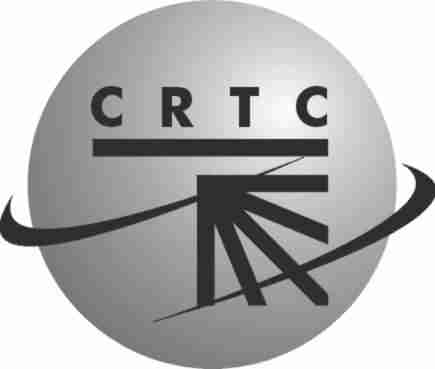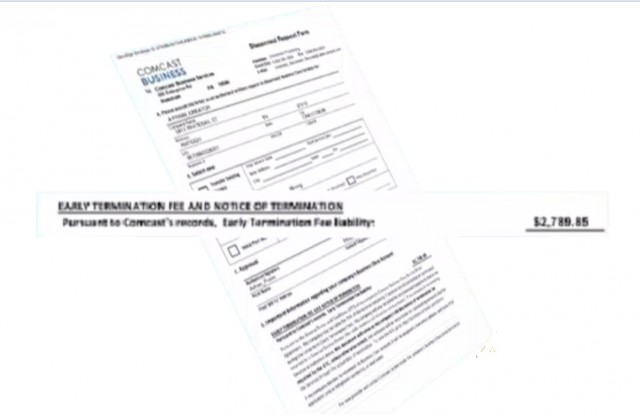 Google today unveiled their new wireless service, dubbed Project Fi, the first wireless carrier that combines the coverage of two competing cellular providers — Sprint and T-Mobile — to deliver affordable wireless service and a data plan that rebates back any unused portion of your monthly allowance. There are no term contracts, early termination fees, or overlimit penalty charges.
Google today unveiled their new wireless service, dubbed Project Fi, the first wireless carrier that combines the coverage of two competing cellular providers — Sprint and T-Mobile — to deliver affordable wireless service and a data plan that rebates back any unused portion of your monthly allowance. There are no term contracts, early termination fees, or overlimit penalty charges.
Google’s calling plan starts with Fi Basics for $20 per month. This includes:
- Unlimited domestic talk and text;
- Unlimited international texts;
- Low-cost international calls;
- Wi-Fi tethering;
- Coverage in 120+ countries (Unlimited international texts are included in the plan, Cellular calls cost 20c per minute. If calling over Wi-Fi, per-minute costs vary based on which country you’re calling and you’re charged only for outbound calls.)
There is no unlimited data plan, presumably because neither T-Mobile or Sprint was willing to allow Google to offer one. Google tries to turn that into a plus by telling customers they should only pay for the data they actually use. The 2G/3G/4G data plan is $10/GB, sold in 1GB increments up to 10GB. Whatever data you do not use is converted into a cash amount credited to the following month’s bill. Instead of rolling over data, you roll over dollars. If you exceed your allowance, there are no penalty overlimit fees. Instead, you are charged $10 for an additional gigabyte of usage, with the same privilege of getting a cash credit applied to your next bill for any data you didn’t use.
Google assumes you will spend most of your time connected to Wi-Fi, where it offers free Wi-Fi calling and texting. If you lose your Wi-Fi connection, the phone will connect to either Sprint or T-Mobile’s network without losing a call in-progress. Another unique aspect of the service is that your mobile phone number lives in the cloud, so you can talk and text with your number on just about any phone, tablet or laptop using Google Hangouts.

The Nexus 6 is a real handful. It’s also the only phone that will work on Google Fi.
Google Project Fi relies on Sprint and T-Mobile’s combined networks to deliver coverage, trying to satisfy customers seeking Verizon or AT&T-like coverage. Google’s service seamlessly chooses Wi-Fi first, followed by Sprint or T-Mobile depending on which offers the best 4G signal at your location.
Although the service has been anticipated for some time, there are some caveats to consider before rushing to sign up.
First, you cannot sign-up immediately, you can only request an invitation. As with many other new Google projects, invitation-only service means it could be days, weeks, or even a month before you can sign-up.
Second, a view of Google’s coverage map shows Project Fi has substantially reduced dead spots, but has not eliminated them. Project Fi would likely appeal to Sprint or T-Mobile customers now frustrated by their suburban coverage. Chances are good that between the two carriers, one will deliver a robust signal even if the other does not. But rural areas have always been bypassed by both carriers and this makes Project Fi a bad choice if Sprint and T-Mobile are not good options where you live or work.
For example, much of eastern Kentucky, virtually the entire state of West Virginia, and western Virginia offer little to no 3G/4G coverage. Google Fi only promises 2G coverage in these areas, through a roaming agreement T-Mobile or Sprint has with a larger carrier.
Third, unless you already own a Nexus 6, you will be spending at least $650 to buy a new smartphone. Google will initially only support the Nexus 6 for Project Fi, because it is the only phone capable of switching between Google’s wireless partners. It comes in your choice of colors, if your choice is “Midnight Blue.” The smartphone offers two storage sizes—32GB ($649) and 64GB ($699). You can buy the Nexus 6 up front or finance your phone at 0% interest or fees for 24 months at $27.04/month for the 32GB option or $29.12/month for the 64GB option. A credit check is required for the financing option.
Fourth, there are no family plan options. Each phone is assigned to its own account. If you intend to switch your family of four, you will be dealing with four individual accounts (and a whopping $2,600 to acquire four Nexus 6 phones). Because of the invitation-only approach now in effect, it may take some time to get all of your family members up and running.
Finally, Google intends that its mobile service effectively sells itself. That means they are not offering promotions to sign up and will not pay your existing carrier to cover any early termination fees. You can port your current landline or mobile telephone number to the service. Google does not disclose any fees for doing so.
[flv]http://www.phillipdampier.com/video/Google Project Fi 4-22-15.mp4[/flv]
Google produced this introductory video about its new wireless service: Google Project Fi. (1:56)
 Comcast on Wednesday said it will give its customers a six month reprieve on implementing its 1.2 TB data cap after state legislators in Massachusetts and Pennsylvania’s attorney general complained about the prospect of families paying more for internet access during a pandemic.
Comcast on Wednesday said it will give its customers a six month reprieve on implementing its 1.2 TB data cap after state legislators in Massachusetts and Pennsylvania’s attorney general complained about the prospect of families paying more for internet access during a pandemic.

 Subscribe
Subscribe Even as millions of Spectrum subscribers began paying higher rates for programming and equipment this month, Charter Communications has sweetened the deal for its new customers by offering free DVR service with their triple play bundle of TV Select, internet, and voice service for $89.97/mo during the first year. The cable company will also
Even as millions of Spectrum subscribers began paying higher rates for programming and equipment this month, Charter Communications has sweetened the deal for its new customers by offering free DVR service with their triple play bundle of TV Select, internet, and voice service for $89.97/mo during the first year. The cable company will also  Charter insists customers who have had Spectrum Video service within the last 30 days cannot qualify for this rebate. This is an effort to close a loophole where an existing Spectrum customer cancels their regularly-priced cable service, switches to a competitor for a few weeks, and then promptly switches back to a Spectrum package at the new customer price, which also leaves Charter on the hook for paying the early termination fee charged by the other company. To avoid this, a customer would have to cancel Spectrum service, switch to a competitor for at least 31 days, and then switch back to Spectrum. That is likely to be a hassle for most people.
Charter insists customers who have had Spectrum Video service within the last 30 days cannot qualify for this rebate. This is an effort to close a loophole where an existing Spectrum customer cancels their regularly-priced cable service, switches to a competitor for a few weeks, and then promptly switches back to a Spectrum package at the new customer price, which also leaves Charter on the hook for paying the early termination fee charged by the other company. To avoid this, a customer would have to cancel Spectrum service, switch to a competitor for at least 31 days, and then switch back to Spectrum. That is likely to be a hassle for most people. Charter says you won’t have long to wait for a rebate rejection or a check.
Charter says you won’t have long to wait for a rebate rejection or a check.
 Things get more complicated for customers in this window. While carriers quickly introduced new two-year plans, there are a number of customers who managed to sign a three-year contract during this transition period. These longer contracts have also been cut to 24 months by the CRTC, but an early termination fee may still apply if the contract has not run a full two years and carriers will be permitted to get back their device subsidy if you have not yet paid off your device.
Things get more complicated for customers in this window. While carriers quickly introduced new two-year plans, there are a number of customers who managed to sign a three-year contract during this transition period. These longer contracts have also been cut to 24 months by the CRTC, but an early termination fee may still apply if the contract has not run a full two years and carriers will be permitted to get back their device subsidy if you have not yet paid off your device.
 Google today
Google today 
 A Nashville web developer who signed up for usage-cap exempted Business Class service in one of Comcast’s usage-based billing trial cities received a bill for nearly $3,000 in early termination fees after he was unable to transfer his Comcast Internet service to his new address.
A Nashville web developer who signed up for usage-cap exempted Business Class service in one of Comcast’s usage-based billing trial cities received a bill for nearly $3,000 in early termination fees after he was unable to transfer his Comcast Internet service to his new address.
